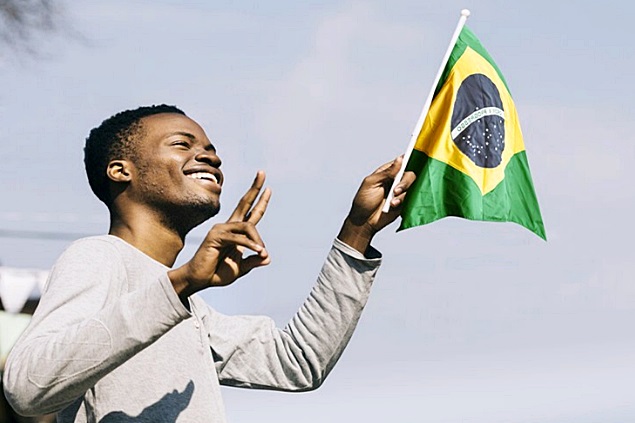1139

Brazilian officials have declared that the new legislation adopted by the European Union to ban the import of deforestation-related goods complicates negotiations for a trade agreement with the Mercosur bloc in South America.
Negative trade impact
EU lawmakers approved regulations in April that require producers of soy, beef, coffee, timber, and other goods to provide evidence that their supply chain is free from deforestation.
"We must not allow this legislation to disrupt a trade agreement between Mercosur and the 27 countries of the European Union," said Brazilian Vice President Geraldo Alckmin at a conference organized by the soy processing group Abiove.
Although the burden of complying with the new rules will fall on importers from the EU, Brazilian Secretary for Foreign Trade Tatiana Prazeres stated that the commercial impact for exporters in increasing costs and bureaucracy cannot be ignored in trade negotiations.
"You can't give with one hand what you take with the other," she said at the conference.
Prazeres added, however, that the EU-Mercosur negotiations represent an opportunity to influence the implementation of deforestation rules and to find ways to compensate with trade concessions that maintain a balance in market access.
"They really don't like the deforestation directive, but we're trying to assure them that the implementation will take into account some of their concerns," said a European diplomat.
Abiove says the soy sector respects a moratorium on agriculture in deforested areas, and Brazil already regulates deforestation in accordance with its forest code, which allows clearing in certain areas. Farms in the Amazon must preserve 80% of their forests.
Difficult trade negotiations
Both Prazeres and the Secretary of Economy and Finance of the Ministry of Foreign Affairs, Mauricio Lyrio, stated that they expect to be able to announce the long-awaited conclusion of trade negotiations with the EU at a Mercosur summit on December 7.
They reiterated the Brazilian government's position that the EU law on deforestation is protectionist, arbitrary, and incompatible with the rules of the World Trade Organization (WTO).
Lyrio said he asked for more time to implement deforestation regulations at a meeting last week in Brussels. Companies have until January 1, 2025, to comply with the new law.





